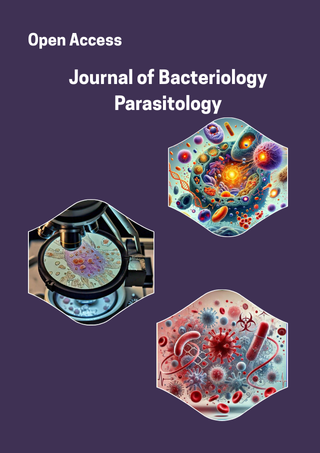Indexed In
DOAJ
CrossRef
PubMed
MEDLINE
ResearchBib
OAJI
Sindexs
Index Copernicus
EBSCO A-Z / Host
OCLC - WorldCat
Journal Flyer

Journal Highlights
Useful Links
Recommended Journals
Open Access Journals
Protozoology
Protozoology is the branch of zoology that deals with the study of protozoa, which are single-celled eukaryotic organisms. These microscopic organisms can be free-living or parasitic and are found in aquatic environments, soil, and inside host organisms. Protozoa play essential roles in ecosystems as part of the food chain and in nutrient cycling. Some protozoa cause diseases in humans and animals, such as malaria (Plasmodium) and amoebiasis (Entamoeba histolytica). They reproduce by binary fission or conjugation, depending on the species. Protozoology includes studying their morphology, life cycles, and pathogenic mechanisms. Diagnostic methods involve microscopy, staining, and molecular techniques. This field is crucial for understanding and controlling protozoan infections.

